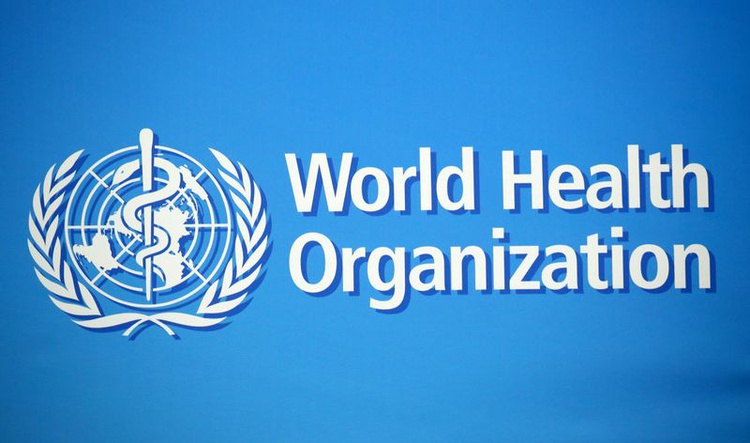By Muhammad Amaan
The World Health Organisation (WHO) has said that countries have finalised a draft global agreement, aimed at improving how the world prepares for and responds to pandemics.
The WHO said that the agreement marks a historic step that will be submitted to the World Health Assembly in May for adoption.
The UN health agency, in a statement on Wednesday, said that the agreement was developed after more than three years of negotiations under the auspices of the WHO.
According to the agency, the draft outlines a framework for strengthening international collaboration, equity and resilience in the face of future global health threats.
Remarking on the agreement, WHO Director-General Tedros Ghebreyesus said the nations of the world made history in Geneva today
“In reaching consensus on the Pandemic Agreement, not only did they put in place a generational accord to make the world safer.
“They have also demonstrated that multilateralism is alive and well and that in our divided world – nations can still work together to find common ground and a shared response to shared threats.”
Negotiations began in December 2021 at the height of the COVID-19 pandemic, when WHO member States agreed on the urgent need for a legally binding international instrument and established the Inter-governmental Negotiating Body (INB).
The process involved 13 formal rounds of negotiations, many of which were extended into the early hours, culminating in Wednesday’s consensus after a final overnight session.
Key elements of the proposed agreement include a commitment to a “One Health” approach to pandemic prevention and stronger national health systems.
Additionally, the agreement calls for setting up a coordinating financial mechanism and creating a globally coordinated supply chain and logistics network for health emergencies.
The draft also proposes a new pathogen access and benefit-sharing system, increased support for technology and knowledge transfer as well as capacity-building, and outlines a skilled, trained and multidisciplinary national and global health emergency workforce.
The text further affirms national sovereignty in public health decisions.
It states explicitly that nothing in the agreement gives WHO the authority to mandate health measures such as lockdowns, vaccination campaigns, or border closures.
The draft will now be submitted for consideration to the 78th World Health Assembly – UN’s highest forum for global health – set to begin on May 19. If adopted, it will be subject to ratification by individual nations.
According to media reports, the United States did not participate in the final round of negotiations, following its January announcement to withdraw from the global health body, and would not be bound by the pact.
Speaking at the conclusion of the meeting, WHO director-general praised the negotiating teams and the INB leadership for their perseverance and shared purpose.
“This achievement is not just a diplomatic success,” he said. “It reflects your resilience, unity and unwavering commitment to the health and wellbeing of people everywhere.”
INB Co-Chair Precious Matsoso of South Africa called the outcome a breakthrough for health equity.
“The negotiations, at times, have been difficult and protracted. But this monumental effort has been sustained by the shared understanding that viruses do not respect borders – that no one is safe from pandemics until everyone is safe,” she said.
Fellow Co-Chair Anne-Claire Amprou of France added that the agreement laid the foundation for a stronger, more equitable global health security architecture.
“This is a historic agreement for health security, equity and international solidarity,” she said.
The agreement emerges in the aftermath of the COVID-19 pandemic, which exposed critical vulnerabilities in global health systems and stark inequalities in access to diagnostics, treatments, and vaccines.
The virus claimed nearly seven million lives worldwide, severely disrupted economies, and overwhelmed healthcare services across the globe.
At the same time, the pandemic triggered the largest vaccination campaign in history, with more than 13.3 billion doses administered globally by April 2023.




